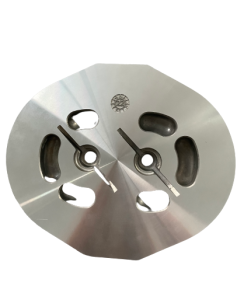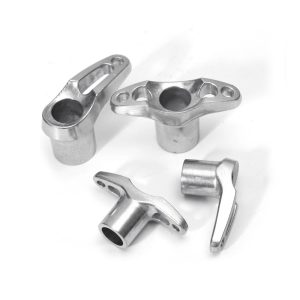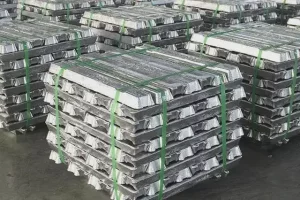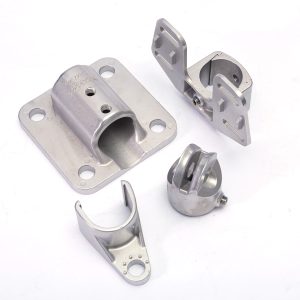There are many process methods for making metal materials into desired products, such as casting, forging, extrusion, rolling, drawing, stamping, cutting, powder metallurgy and so on. Among them, casting is the most basic, most commonly used and the most extensive process.
The molten metal is poured into a hollow mold made of high-temperature resistant materials, and after condensation, a product of the desired shape is obtained, which is casting. The resulting product is a casting.
Casting can be divided into ferrous metal casting (including cast iron, cast steel) and non-ferrous metal casting (including aluminum alloy, copper alloy, zinc alloy, magnesium alloy, etc.) according to the material of the casting. CEX factory specializes in non-ferrous metal casting, with an emphasis on aluminum alloy and zinc alloy casting.
Casting can be divided into sand casting and metal casting according to the material of the casting mold. CEX factory is handy with both casting processes, and designs and manufactures these two types of casting molds by themselves.
Casting can also be divided into gravity casting and pressure casting according to the casting process of molten metal. Gravity casting refers to a process in which molten metal is injected into a mold under the action of the earth’s gravity, also known as casting. Gravity casting in a broad sense includes sand casting, metal casting, investment casting, lost foam casting, mud casting, etc.; gravity casting in a narrow sense refers to metal casting. Die casting refers to a process in which molten metal is injected into a mold under the action of other external forces (excluding gravity). Die casting in a broad sense includes pressure casting and vacuum casting of die casting machines, low pressure casting, centrifugal casting, etc.; pressure casting in a narrow sense refers to metal die casting of die casting machines, referred to as die casting. CEX factory has long been engaged in the gravity casting of sand and metal molds. These casting processes are the most commonly used in non-ferrous metal casting and have the lowest relative prices.

Squeeze Casting VS High Pressure Die Casting-2 Advantages of Squeeze Casting Process Over High Pressure Die Casting
Squeeze casting has many advantages over high pressure die casting(HPDC). Here we are discussing indirect aluminum squeeze casting, a process much closer to aluminum high



